Abilene women are bucking stereotypes to succeed in traditionally male-dominated professions
By Loretta Fulton
Photography by Beth Dukes
A belief in yourself, stamina, and a “never give up” attitude all are good tools to have in the toolbox for women who hold, or want to hold, a job historically reserved for men.
Abilene is filled with women who fit the bill. Among them are four women who crashed through glass ceilings with grace and grit.
Maj. Nikki Jansen is a B-1 Lancer pilot at Dyess Air Force Base—a job even Amelia Earhart couldn’t have envisioned would ever be possible. Stephanie Carle is the only veterinarian at the Abilene Zoo. Katie Snell is a patrol officer with the Abilene Police Department – who said only little boys dream of growing up to be a policeman? Dr. Sandra Harper is president of McMurry University.
Besides the character traits required to succeed in a man’s world, a little sense of humor helps.
“Learn something about sports so you can talk to your co-workers,” advised McMurry’s Harper. “And don’t be overly cutesy or people won’t take you seriously.”
Abilene’s zoo veterinarian, Carle, has been on the job for a little over a year. She landed that prestigious position just eight years removed from getting a bachelor’s degree from Southeast Missouri State University and four years after earning a degree from the University of Missouri’s College of Veterinary Medicine. After three years of internships, Carle accepted the job as the lone veterinarian at the Abilene Zoo, tending to the health of 1,200 animals of all shapes and sizes.
Even though she is the only veterinarian at the zoo, she has two assistants—and both are women. It’s a job that Carle long dreamed of, ever since growing up amid a menagerie of animals on a farm in Missouri.
“I get to go to work and have fun every day,” she said.
Even though being a veterinarian isn’t as rare for women as it once was, Carle recalled meeting opposition along the way. During a visit to a Florida university her senior year in high school, a man at the university immediately discouraged her career choice, even belittling her.
“But I did make it,” she said, “and man, I wish I could find that man and tell him how wrong he was!”
Today, Carle is invited to speak to school and college classes about her journey and always is encouraging.
Jansen, a B-1 Lancer pilot at Dyess, offered some good advice that paid off for her as she progressed through her training.
“I focused on what I could control–my performance–and left out what others may have been thinking about gender-wise.”
Snell, an Abilene patrol officer, shared a quote from her father. They still are words to live by for her, and she hopes for others.
“As long as you gave it your best” her dad said, “that is all that matters.”
Following are Q&As with four women who hold jobs that historically were reserved for men. The answers, with minor editing for length or clarity, are in their own words.
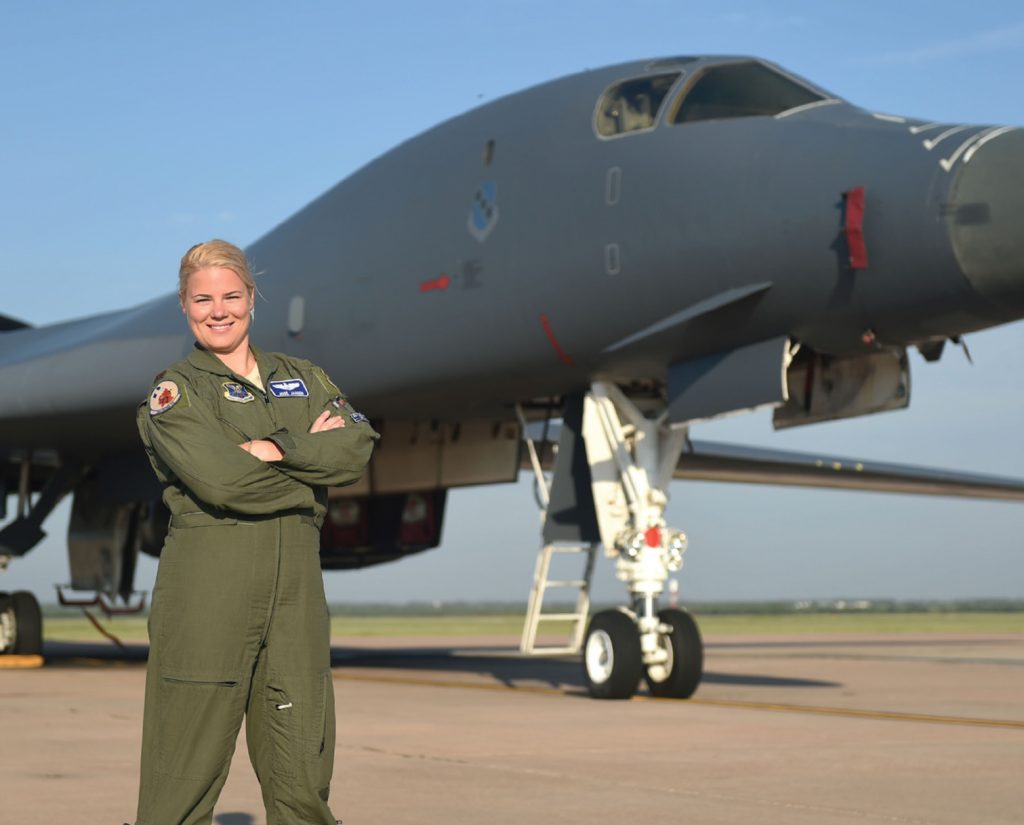
MAJ. NIKKI JANSEN
B-1B Lancer pilot and Chief of Student Flying, 28th Bomb Squadron, Dyess Air Force Base
What influences or people in your life convinced you that you could do whatever you wanted, even a job traditionally held by a man?
The idea that there were male-only jobs really never occurred to me, and I think that was due to my mom. She was a very successful sales representative for major banking organizations and consistently won national level recognition for her performance. While my dad was also successful, seeing my mother blow her competition out of the water set a great example of how hard work and dedication can overcome gender barriers.
What obstacles have you faced and how have you faced them?
Fortunately, Air Force pilot training seemed like a genderless training program. All that mattered was your performance in the aircraft. That being said, it was a challenge, and it helped to take training one day at a time. I focused on what I could control – my performance – and left out what others may have been thinking about gender-wise.
What advice would you give young women who might be looking at a career historically occupied by men?
Don’t let artificial barriers stop you! More women in rare positions gives visibility and hope to the next generation.
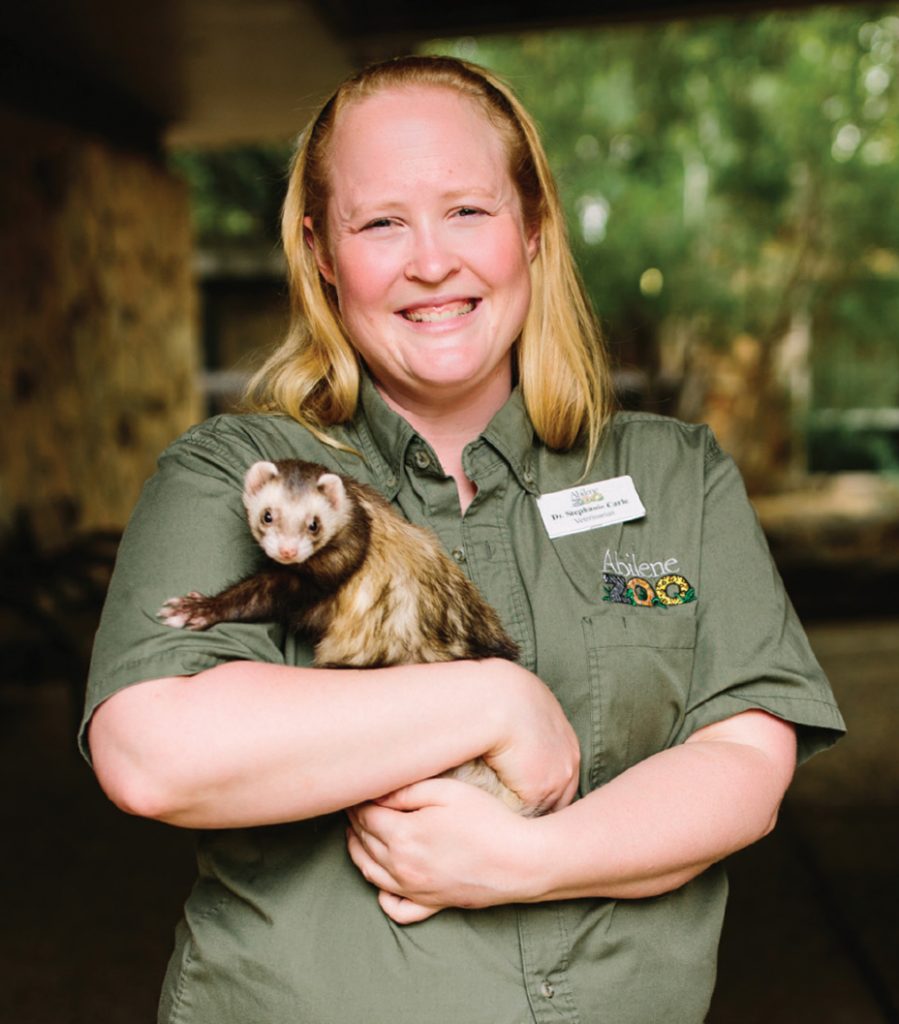
STEPHANIE CARLE
Abilene Zoo veterinarian
What influences or people in your life convinced you that you could do whatever you wanted, even a job traditionally held by a man?
First and foremost would be my parents. They have been my biggest cheerleaders my entire life. Since I could talk, I was going to be a vet. I grew up on a farm where my parents indulged my interest in animals. We had cows, horses, dogs, cats, rabbits, ducks, pigs, etc. I was active in 4-H as well. My parents indulged my love for animals and encouraged me to pursue my dreams. Another big influence in my life has been Dr. Lydia Staggs at Gulf World Marine Park. That is where I got my foot in the door to the world of exotic medicine. She encouraged me and forewarned me about potential sexism in this career path and advised me on how to handle it. She is married with a child and somehow manages to be superwoman as the only vet at her facility. She is an amazing woman who I still turn to for advice today.
What obstacles have you faced and how have you faced them?
I have been fortunate that I have not been faced with much sexism in my career. The majority of new vets are women nowadays. In the mid-’90s vet schools classes became about 50-50 men-women. Now they are about 90 percent women. However, most of the leaders in veterinary medicine are still men. I do know that in the zoo world, it is rare for women to have families. Most women zoo vets are not married and have no children. However, it seems that most men are at least married.
What advice would you give young women who might be looking at a career historically occupied by men?
If you work hard and never give up, you can achieve anything. So many times in my education I was told that my career path was impossible, “no one becomes zoo vets!” It is true that this is a unique field and there are few jobs, but I have always been determined that I would be nothing else and no one could stop me! I would tell young women to take any criticism they may receive and use that as ammunition/encouragement to push as hard as they can to fulfill the goals they put forth for themselves!
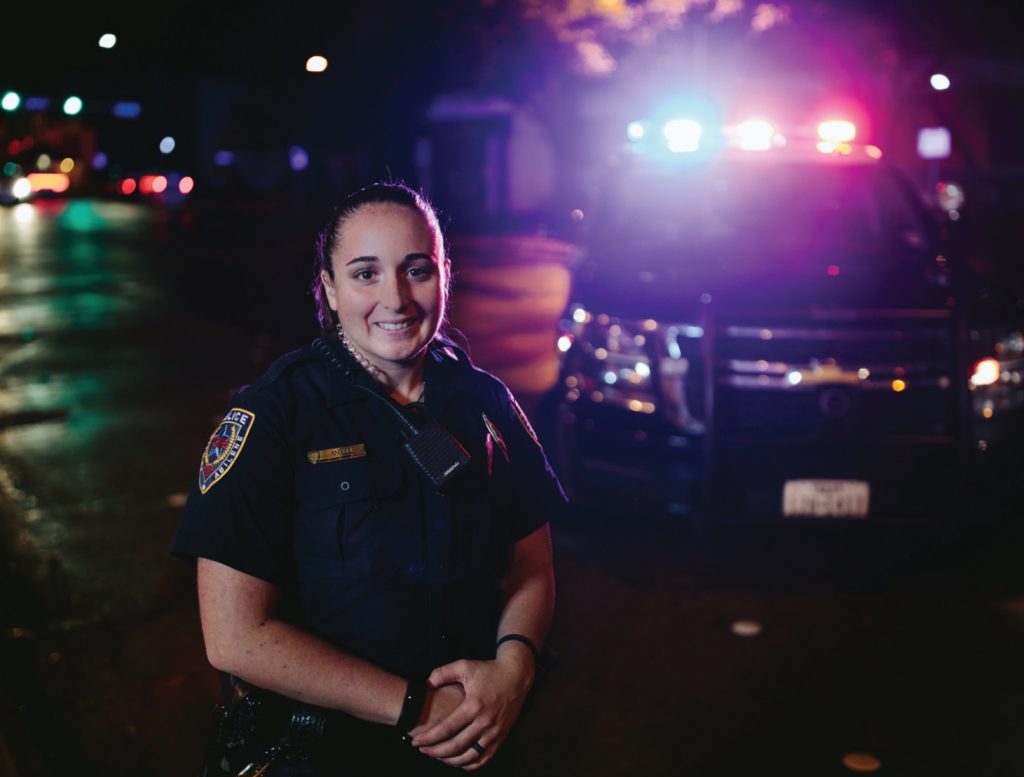
KATIE SNELL
Patrol officer, Abilene Police Department
What influences or people in your life convinced you that you could do whatever you wanted, even a job traditionally held by a man?
My family has always been a major support system for me, even when I was young. They encouraged me to strive to be the best that I could in whatever I wanted to do in life. They never held me back and always inscribed in me to work hard and be dedicated to my goals. There is one quote from my father that has always stuck with me, “as long as you gave it your best, that is all that matters.”
What obstacles have you faced and how have you faced them?
There are many obstacles that I have had to overcome, but the hardest was always whether I could keep up with my male counterparts in regards to both the physical and mental aspects of the job. I have faced all of those obstacles the same way, head on, and with the determination to never give up.
What advice would you give young women who might be looking at a career historically occupied by men?
Don’t ever let anyone discourage you from chasing your dreams and aspirations in life. Prove people wrong, be determined, and be humble for your experiences. Whether you succeed or fail, learn from them, and respectfully accept both counsel and criticism from those around you as it will shape you into the person you aspire to be.

SANDRA HARPER
President, McMurry University
What influences or people in your life convinced you that you could do whatever you wanted, even a job traditionally held by a man?
I don’t remember gender being an overriding issue as I was progressing through my career in terms of a hindrance, but that may have been because I originally went into high school teaching, which was heavily populated with women. The college professoriate is more heavily dominated by men, especially in the College of Arts and Sciences. So the first time gender “became an issue” was when I applied for a deanship with 85 percent of the faculty being male. There were academic leaders who had provided me with opportunities and challenging assignments that were group endeavors that were successfully completed. These successes convinced me that I could do the dean’s job and subsequent leadership positions with broader responsibilities, which ultimately led to a university presidency.
What obstacles have you faced and how have you faced them?
As an academic leader at the dean’s level or above for the past 26 years, I’ve faced institutional crises of conscience, personnel problems, disappointments with positions I didn’t receive when I was the most qualified, ethical dilemmas, and the daily grind. I’ve developed a skill set that encompasses stamina, resilience, energy, compartmentalization, a thick skin, and a strong ethical foundation. These skills help me pick myself up when the going gets tough.
What advice would you give young women who might be looking at a career historically occupied by men?
Be appropriately self-critical so that you can develop your strengths and recognize your gaps in your skill set. Then work on the gaps so that you can be well-positioned when the opportunities arise. If someone asks you to take on a responsibility that seems challenging and interesting, take it, even if it doesn’t seem like it is the right time for you to accept it due to a cluttered personal life. The opportunities don’t always come around again. Learn something about sports so you can talk to your co-workers. And don’t be overly cutesy or people won’t take you seriously.


















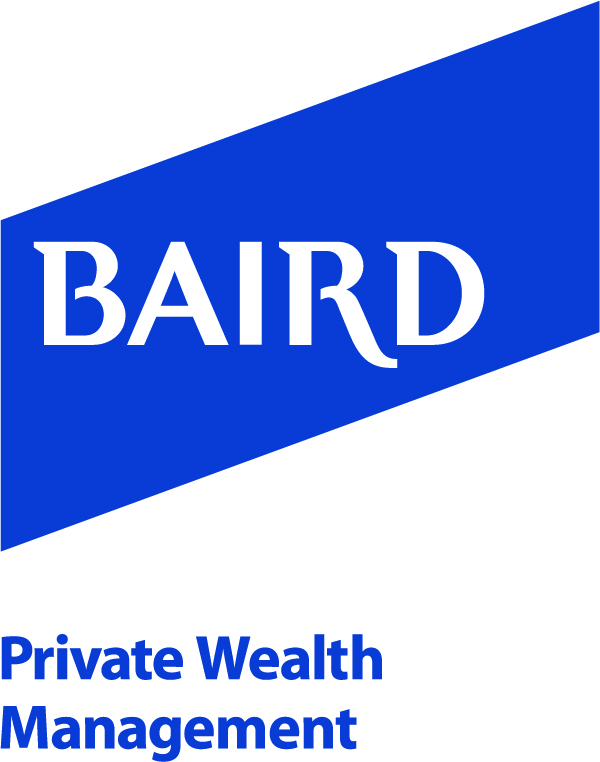



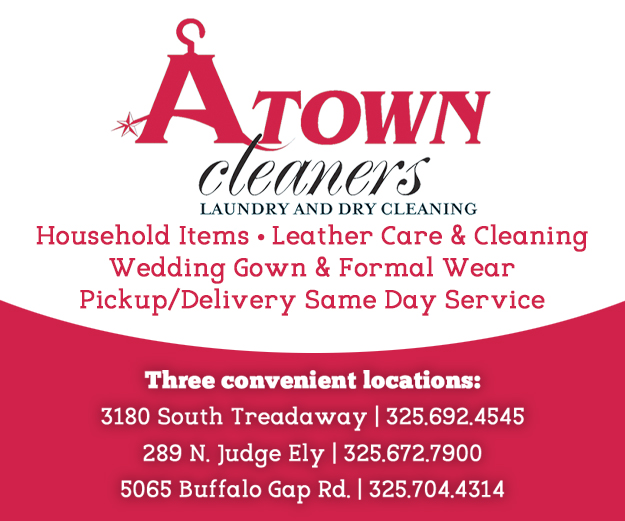
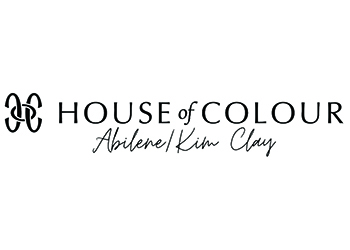
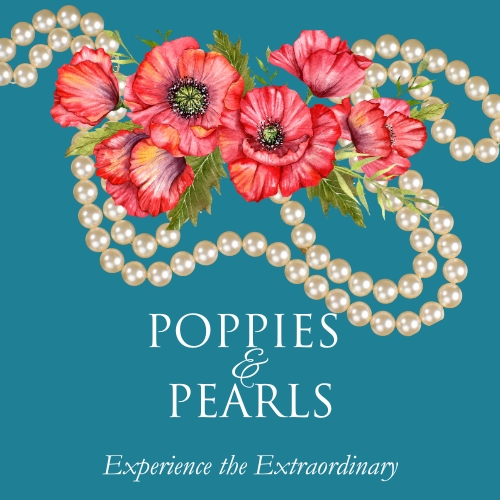







Leave a Reply